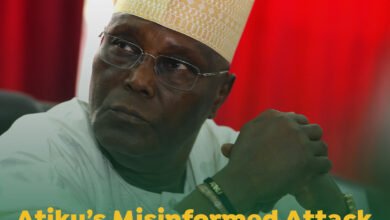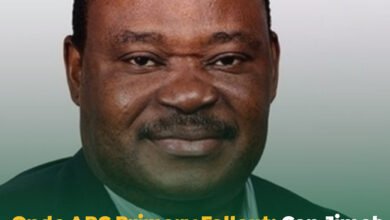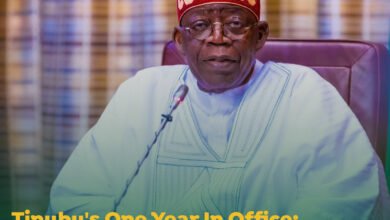
Last week cast a shadow over Nigeria’s film industry following the tragic demise of actors John Okafor, better known as Mr Ibu, and Tolani Quadri Oyebamiji, widely known as Sisi Quadri. Both battled ill health, with conflicting reports about the actual ailments that claimed their lives. In Mr Ibu’s case, he reportedly underwent multiple amputations and required the generosity of Nigerians to finance multiple surgeries in an unsuccessful attempt to save his life. For Sisi Quadri, there are reports of misdiagnosis, a common issue in Nigeria’s healthcare system, where mushrooming ‘private’ hospitals staffed by workers with questionable training hastily offer prescriptions without adequate testing and scrutiny.
Both cases underscore a problem that has claimed the lives of Nigeria’s biggest screen stars: Nollywood’s neglect and lack of care for its talents. While one might argue that this isn’t different from the situation in the entire country, where decades of underinvestment in healthcare and other social goods have resulted in several communities lacking timely and affordable access to hospitals and housing, the case of Nollywood is peculiar. This is because, unlike the general economic trajectory of the country over the past 15 years, Nollywood has flourished and thrived.
Funke Akindele, arguably the biggest Nollywood star, recently broke her own record by surpassing ₦1-billion-box-office sales with her latest film ‘A Tribe Called Judah’. Other Nollywood figures have boasted similar success, capitalizing on the investments of streaming services such as Netflix and Prime Video, which are engaged in the race for the acquisition and retention of subscribers. From the humble beginnings of meagre ticket revenue for theatre displays, Nollywood has grown into an economic powerhouse, contributing $600m to the Nigerian economy annually.
Despite this progress, an apparent problem arises, with analysts pointing out that the money only flows in one direction, within the same circle, and is enjoyed almost exclusively by newcomers to the stage. Veterans who paved the way are struggling to partake in the new fortunes of the industry. Many of them live in poverty, forced to watch from the sidelines as the industry they built mints millionaires regularly.
Kunle Afod, an actor and director, unwittingly exposed this with his ongoing visits to Nollywood legends, mostly in the Yoruba segment, to honor their contributions and ascertain their welfare. The stories that have emerged from the tour have all been heartbreaking. Some practically live in shanties, while others are wracked by ailments, reduced to shadows of what they used to be. Nigerians, in typical fashion, have responded with donations. But this is not sustainable and can only benefit those fortunate enough to welcome Afod into their abode.
The solution must be structural and intentional. Some directors are offering a lifeline to forgotten stars with their inclusion in new projects, backed by well-written and profitable contracts. Such efforts must be encouraged. Ideas of insurance packages have been floated, to be guaranteed by any of the associations and guilds. However, most are distracted by needless rivalries and factional tussles. Nollywood is divided and without effective leadership. Some stars can point to the success their fame has brought them. Others, unfortunately, have to make do with popular faces and names. But no one pays for a decent apartment or hospital treatment with a popular name and face.





